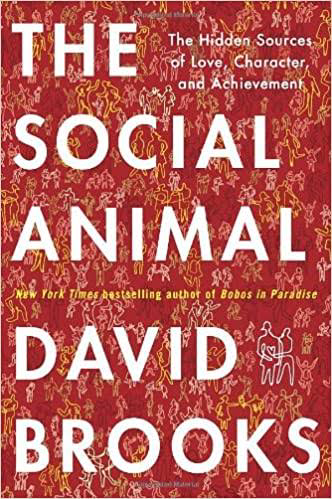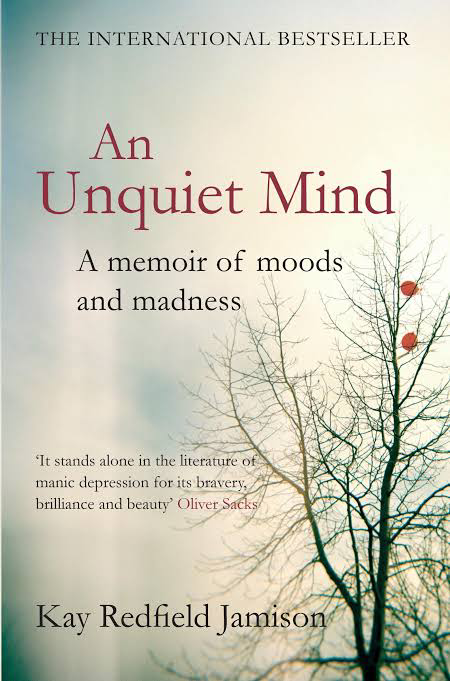Reading good books on psychology can provide valuable insights into human behavior, emotions, and thought processes. These insights can help us better understand ourselves and others, improve our communication and relationships, and develop skills to manage our emotions and cope with difficult situations.
Furthermore, reading about the experiences of others can help us develop empathy and compassion, and gain a deeper appreciation for the complexity and diversity of human nature.
Here is the list.
"Thinking, Fast and Slow" by Daniel Kahneman: This book explores how our minds work and how we make decisions. Kahneman explains that we have two systems of thinking: one that is fast, intuitive, and emotional, and another that is slower, more deliberate, and more logical. He also examines how biases and heuristics affect our decision-making.
"Man's Search for Meaning" by Viktor E. Frankl: This is a memoir and a psychological treatise in one. Frankl, a Holocaust survivor, describes his experiences in concentration camps and the insights he gained into human nature. He also introduces his theory of logotherapy, which emphasizes finding meaning and purpose in life as a way to overcome suffering.
"The Power of Habit: Why We Do What We Do in Life and Business" by Charles Duhigg: Duhigg explains the science behind habit formation and how we can use this knowledge to change our behavior. He also explores the role of habits in organizations and societies, and provides examples of how companies and communities have successfully created new habits.
"Influence: The Psychology of Persuasion" by Robert B. Cialdini: Cialdini explores the psychology of influence and persuasion, explaining how people can be persuaded to do things they wouldn't otherwise do. He discusses the six principles of influence: reciprocity, scarcity, authority, consistency, liking, and consensus.
"Flow: The Psychology of Optimal Experience" by Mihaly Csikszentmihalyi: Csikszentmihalyi explores the concept of flow, a state of complete absorption and engagement in an activity. He explains how flow can lead to happiness and personal growth, and how it can be achieved in different areas of life, such as work, hobbies, and relationships.
"Quiet: The Power of Introverts in a World That Can't Stop Talking" by Susan Cain: Cain challenges the cultural bias towards extroversion and celebrates the strengths of introverts. She examines the neuroscience and psychology of introversion, and provides examples of successful introverted leaders and innovators.
"Stumbling on Happiness" by Daniel Gilbert: Gilbert explores the science of happiness and how our brains predict and experience it. He also examines the flaws in our intuition and decision-making when it comes to predicting what will make us happy.
"The Social Animal: The Hidden Sources of Love, Character, and Achievement" by David Brooks: Brooks explores the psychology of human behavior and the social forces that shape our lives. He examines the role of emotions, intuition, and unconscious biases in decision-making and personal relationships.
"Mindsight: The New Science of Personal Transformation" by Daniel J. Siegel: Siegel introduces the concept of mindsight, which he defines as the ability to perceive one's own mind and the minds of others. He explains how mindsight can help us regulate our emotions, improve our relationships, and achieve greater well-being.
"An Unquiet Mind: A Memoir of Moods and Madness" by Kay Redfield Jamison: Jamison provides a personal account of her struggles with bipolar disorder and how it has affected her personal and professional life. She also examines the neuroscience and psychology of mood disorders, and provides insights into their diagnosis and treatment










Comments
Post a Comment